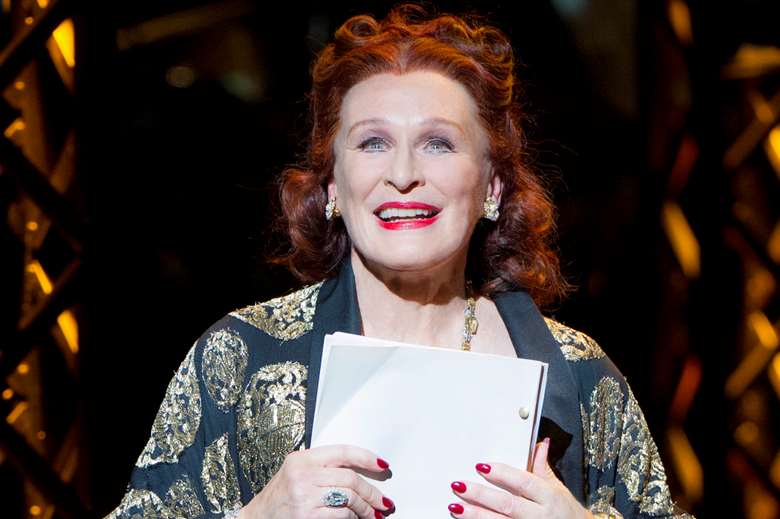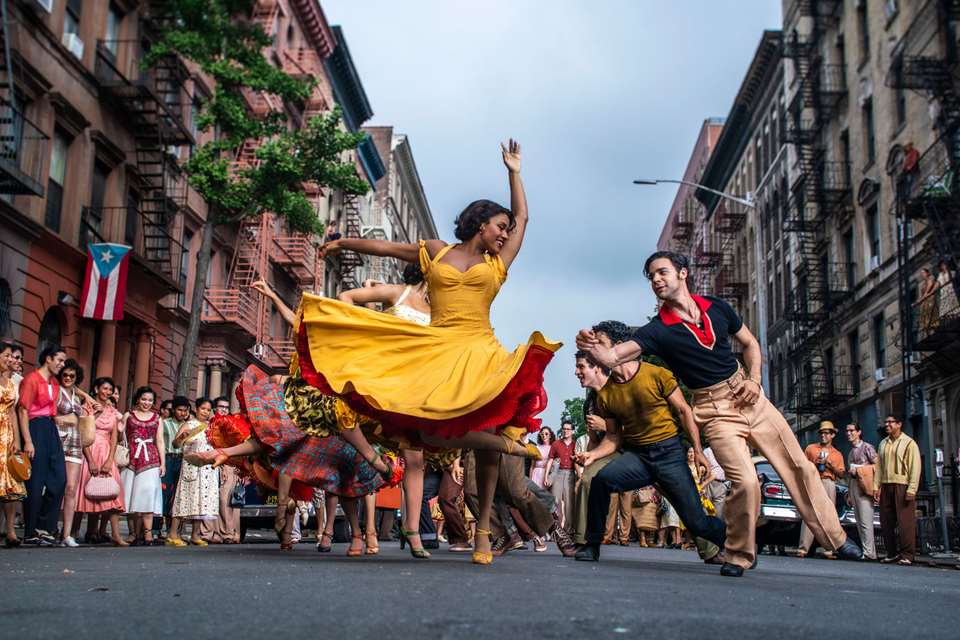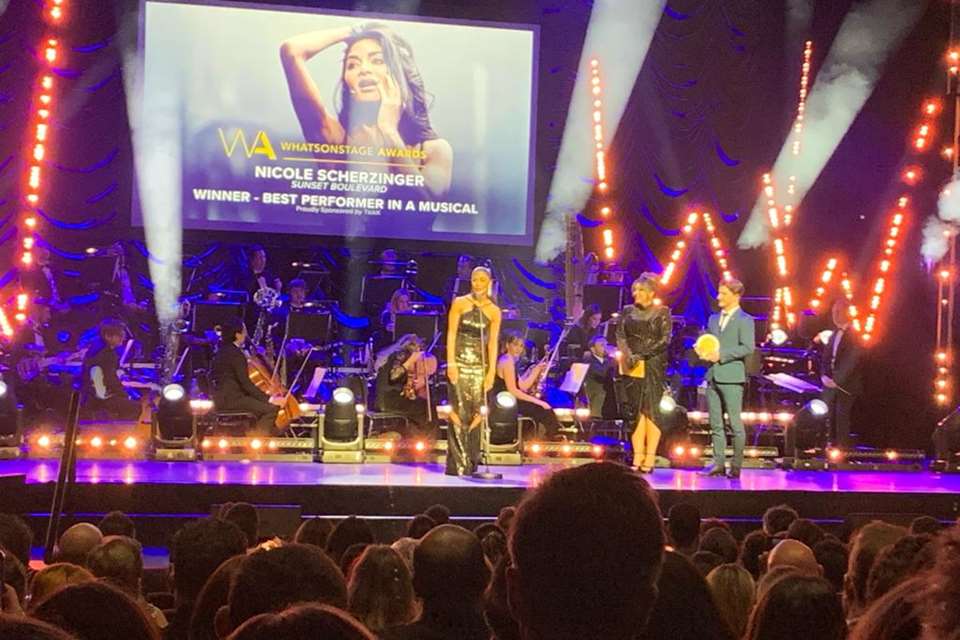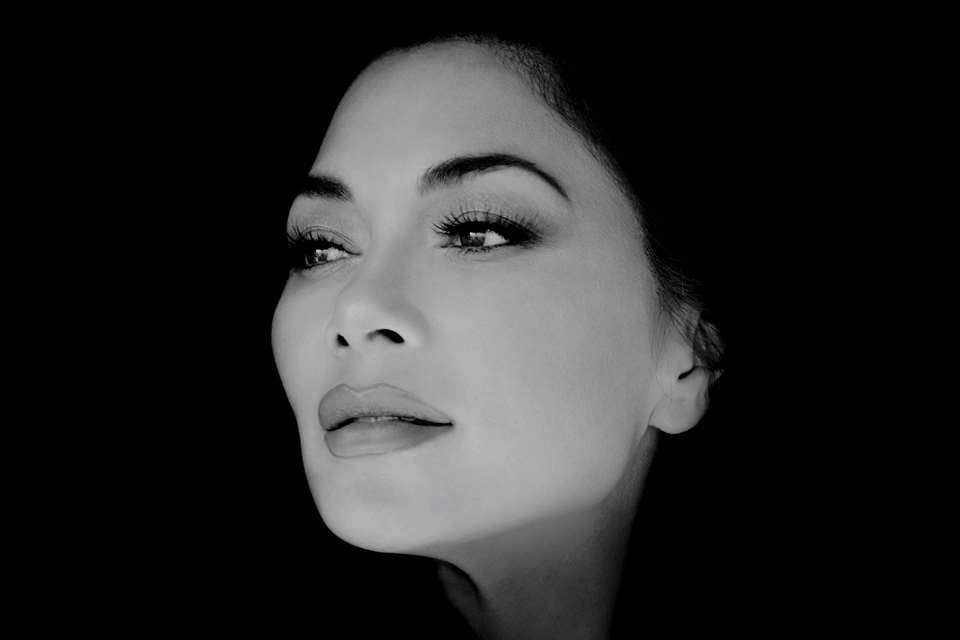Behind The Song: Andrew Lloyd Webber’s ‘As If We Never Said Goodbye’ from Sunset Boulevard
Joe Stilgoe
Thursday, February 15, 2024
Musician Joe Stilgoe explores the contradictions in diva Norma Desmond’s imagined comeback – the show’s standout moment, aided by lyricist Don Black in collaboration with Christopher Hampton


Register now to continue reading
Thank you for visiting MusicalsMagazine.com. Sign up for a free account today to enjoy the following benefits:
- Free access to 3 subscriber-only articles per month
- Unlimited access to our news, podcast and competitions pages
- Free email newsletter



